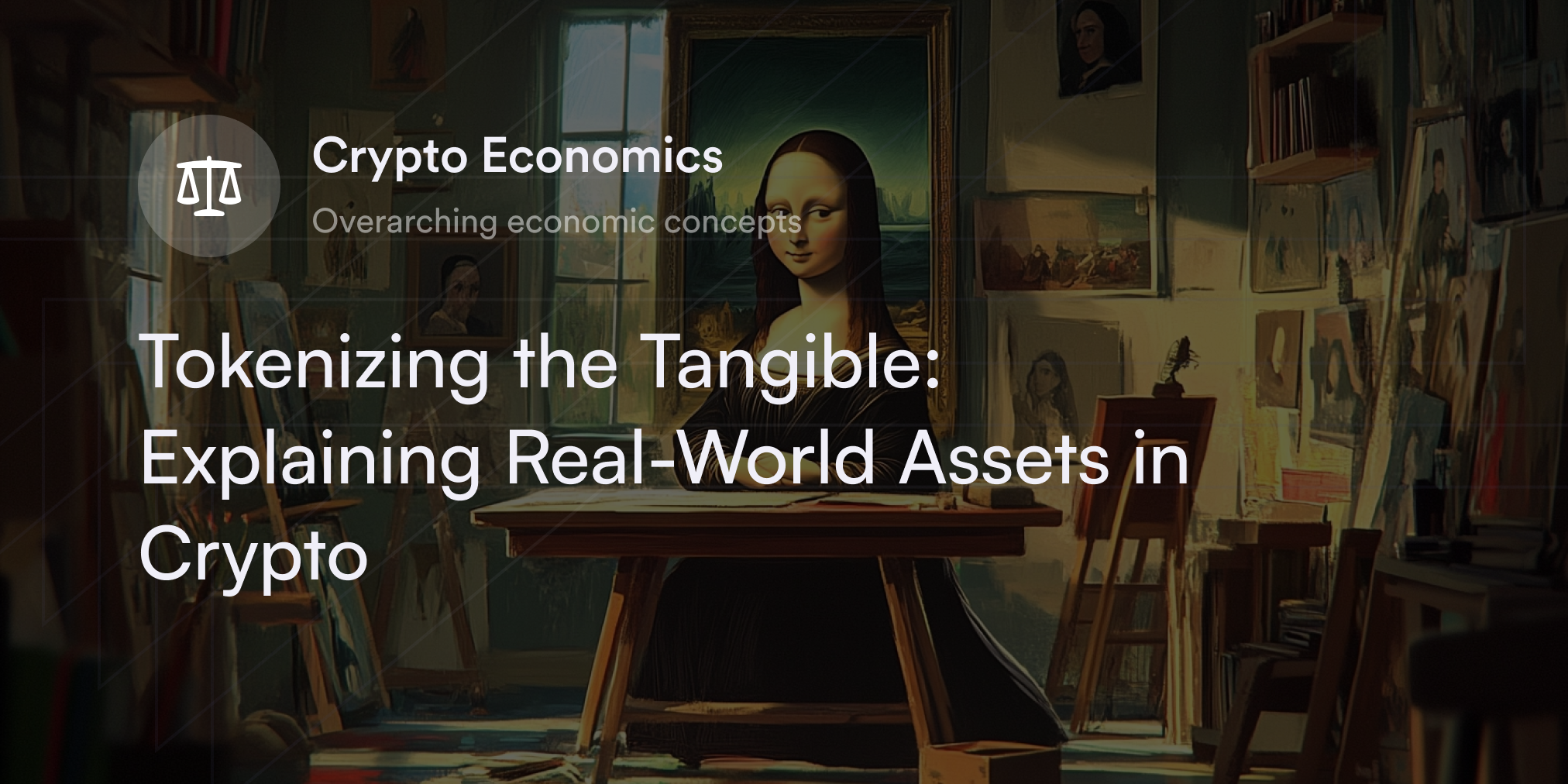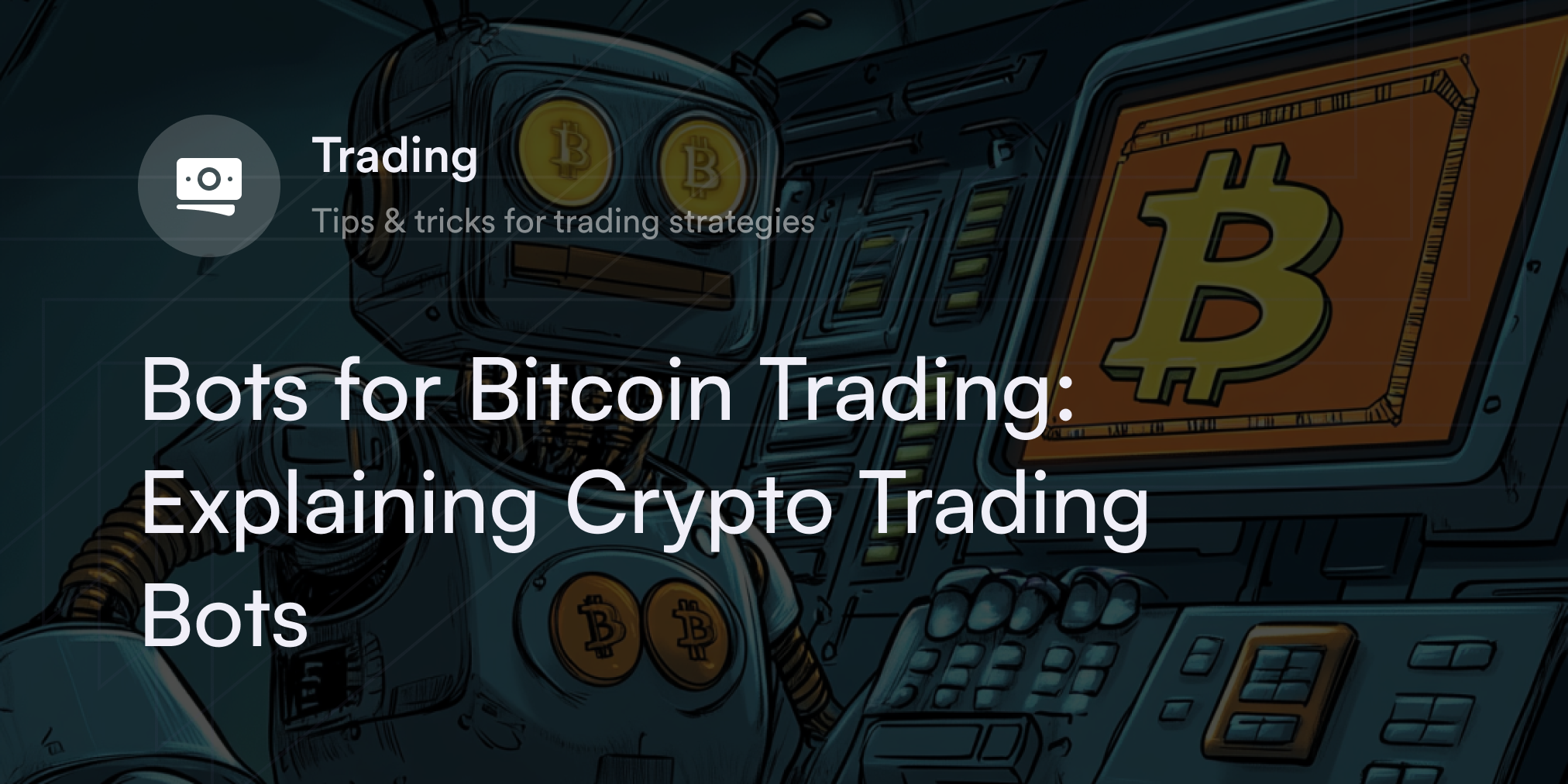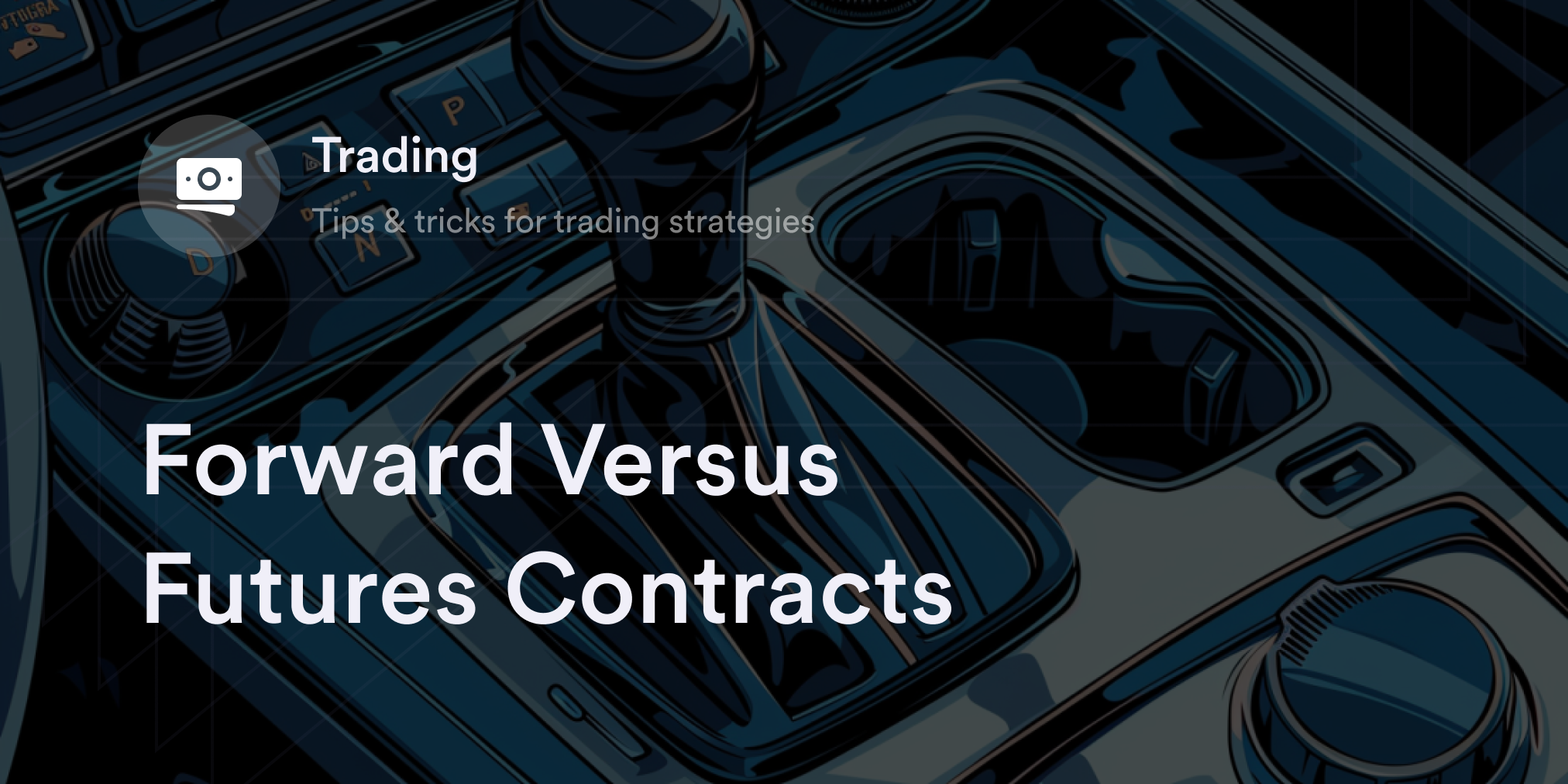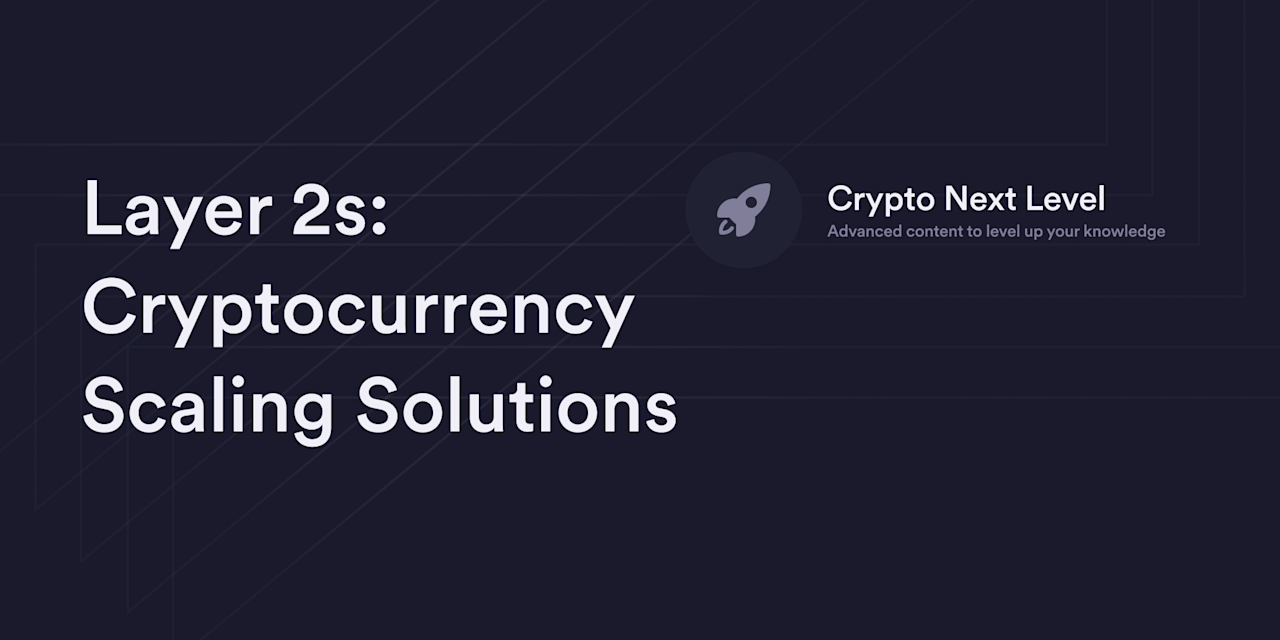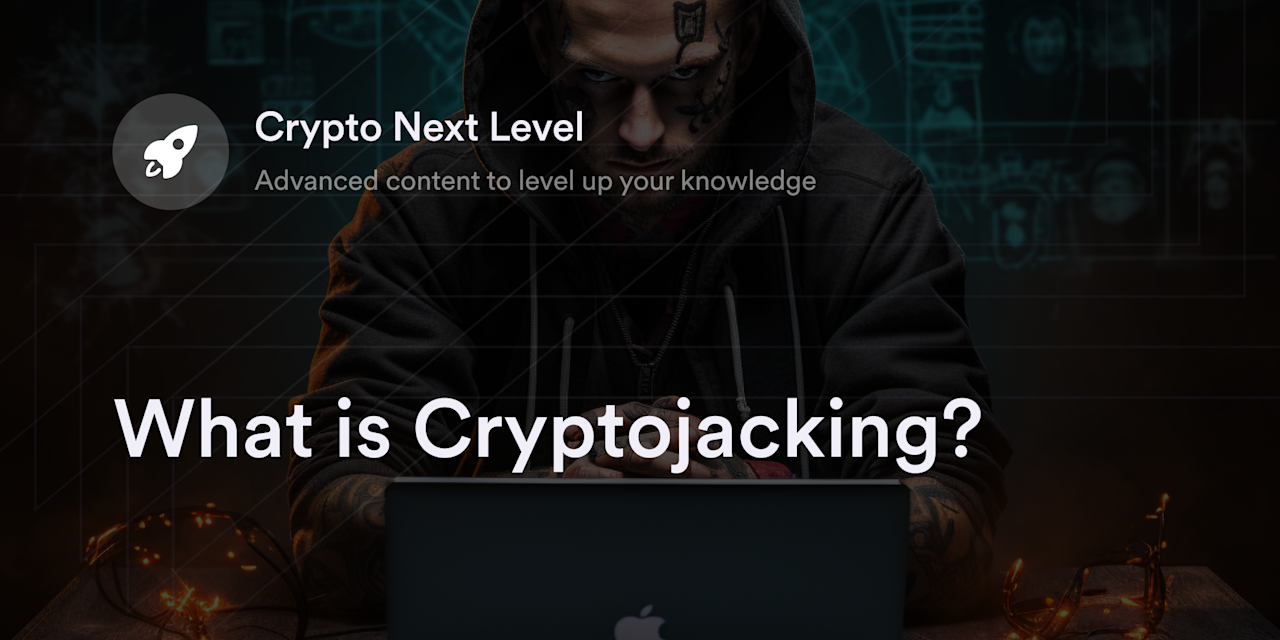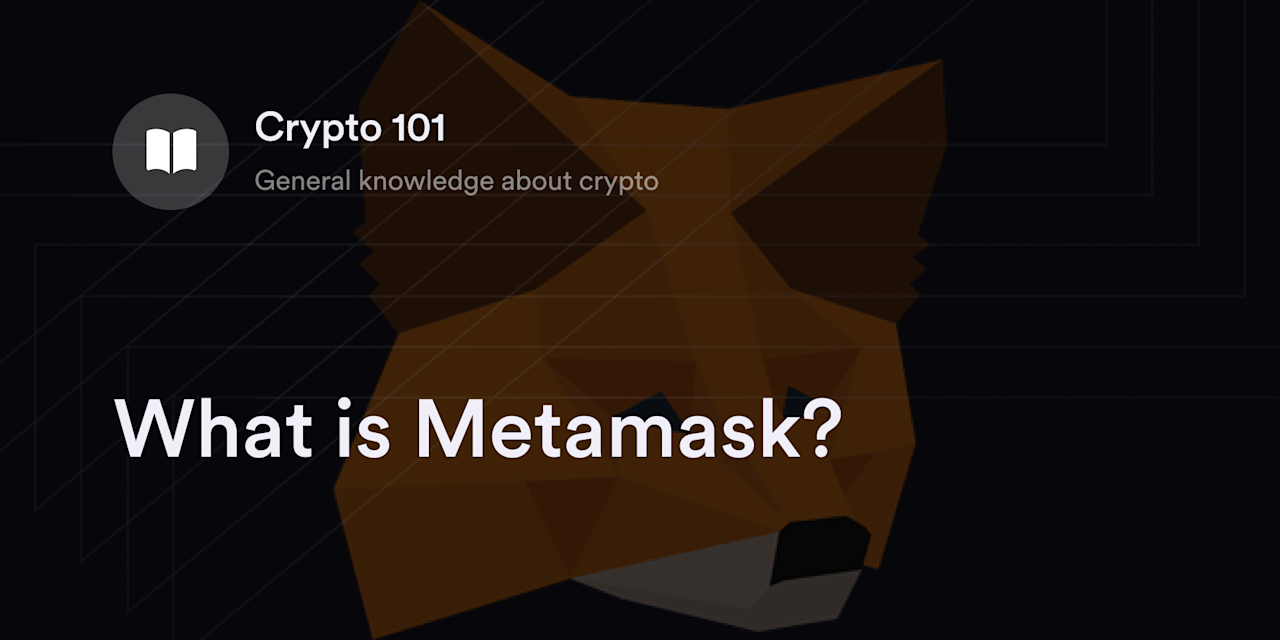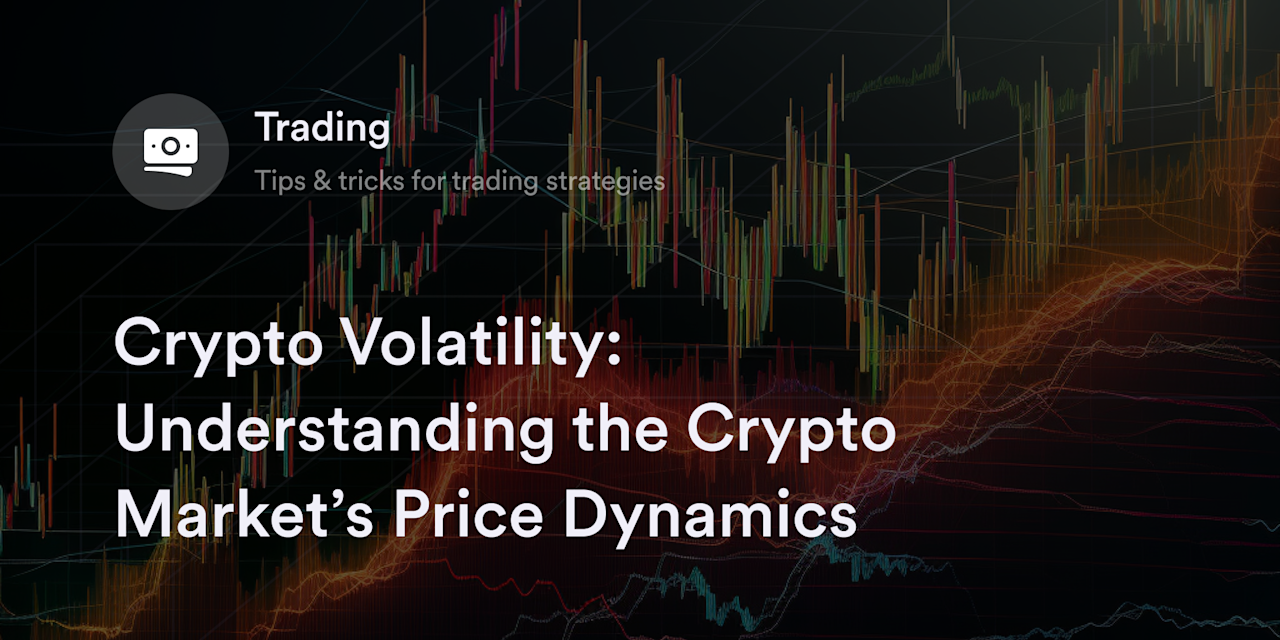
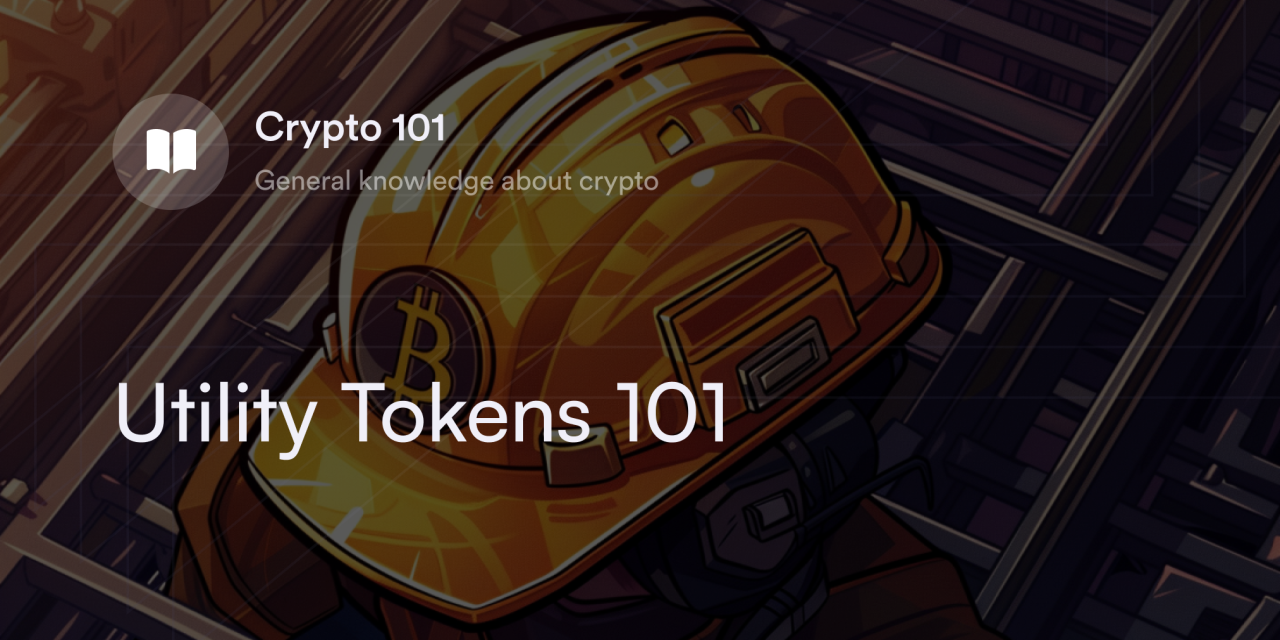

When cryptocurrency first came to be, its aim was to provide users with a secure peer-to-peer (P2P) online payment system. While popular crypto assets like Bitcoin (BTC) and Litecoin (LTC) still focus on transferring value across decentralized computer networks (popularly called blockchains in the crypto ecosystem), many developers work on expanding the potential use cases in the cryptocurrency sector. In fact, there's now an entire category of cryptocurrencies called utility tokens concerned with creating unique online experiences rather than being used as mediums of exchange. With utility tokens, crypto traders have more opportunities to explore exciting new dimensions of digital decentralization.
But what are utility tokens, how do they influence the future direction of cryptocurrency, and how do they enable traders to interact with Web3? Let’s find out.
Crypto Coins Versus Tokens: A Brief Overview
To understand the world of tokens, we first need to learn the ins and outs of both coins and tokens.
In cryptocurrency, a coin is any digital asset integral to a blockchain's procedures. For instance, Bitcoin is a coin because it exists on its proprietary blockchain and serves essential functions like transferring value, paying fees, and incentivizing computers (aka nodes) on its network.
Tokens, on the other hand, are add-on crypto projects built on top of a coin's blockchain. Since tokens don't exist on separate networks, they need to comply with their chosen blockchain’s algorithms and protocols. For example, token projects on the Ethereum (ETH) blockchain need to follow Ethereum's preset token standards, such as ERC-20 or ERC-721, depending on the type of token they're building. However, since utility tokens leverage a coin blockchain’s security, they have greater flexibility to create innovative use cases for their cryptocurrencies.
While most crypto coins are strictly used to transfer value and pay fees, tokens have a wider assortment of applications, including voting rights, virtual land in metaverse games, and digital representations of real-world assets (aka non-fungible tokens or NFTs).
What are Utility Tokens?
As the name implies, utility tokens serve a specific function in decentralized protocols on top of a coin's blockchain. Although they have a market price on crypto exchanges, the primary purpose of these tokens is to offer some service, product, or value in a decentralized platform. To qualify as a utility token, developers need to prove their cryptocurrency plays a vital role in their application besides price speculation. Utility tokens typically have no use cases outside of their respective crypto ecosystems.
Typically, developers behind a utility token use programs called smart contracts to launch their tokens on a blockchain like Ethereum. For context, a smart contract contains preprogrammed instructions and self-executing code, allowing programmers to design and release their digital assets without relying on an intermediary to monitor transactions. The smart contract address for a utility token contains all the info on a token's issuance and transaction history––all of which are publicly viewable on search engines called blockchain explorers.
Since developers build utility tokens on top of blockchains like Ethereum or Solana (SOL), they often create all their tokens at once (aka pre-mining) and release them to traders in events called initial coin offerings (ICOs). Project leaders also usually distribute tokens to core community members and early supporters before releasing coins to retail crypto traders during distribution in ICOs. Traders use blockchain explorers like Etherscan and crypto price aggregator websites like CoinMarketCap to get a full reading on the current allocation of utility tokens.
A Few Examples of Utility Tokens
Distinguishing utility tokens from security tokens isn't always clear-cut, but traders look at each cryptocurrency's use cases to decide how to classify each token. A few prominent examples of utility tokens help crypto traders clearly define this asset category.
The Sandbox (SAND): Owned by Hong Kong studio Animoca Brands, The Sandbox is an open-world metaverse video game on Ethereum, which allows users to connect with other gamers, develop virtual land, and attend immersive online experiences. Gamers who play The Sandbox earn SAND tokens for completing quests and use these tokens as an in-game currency for virtual goods and services.
Uniswap (UNI): Uniswap is a DEX on Ethereum and Ethereum-compatible blockchains like Polygon, Arbitrum, and Optimism. Traders on Uniswap make P2P swaps between hundreds of crypto assets and contribute cryptocurrency pairs to Uniswap's protocol to earn trading fees. The UNI is a governance token, which gives holders the right to vote on proposals for Uniswap's future development.
Lido Finance (LDO): Lido Finance is a decentralized protocol that helps traders stake cryptocurrencies on proof-of-stake (PoS) blockchains like Ethereum. In crypto, staking means locking cryptocurrencies on a blockchain to get the chance to validate transactions and earn crypto rewards. Similar to Uniswap's UNI, Lido's LDO is a governance token, giving holders the right to vote on proposals for the platform's future.
ChainLink (LINK): ChainLink is a decentralized oracle service, meaning it helps transfer information between blockchains like Ethereum and non-blockchain sources such as centralized price feeds, weather information, or results from professional sporting events. The LINK token incentivizes nodes on ChainLink's blockchain to keep the network secure, transmit accurate data, and verify transactions on the public payment ledger. Anyone using ChainLink's oracle services has to pay fees in LINK to access its data feeds.
Basic Attention Token (BAT): Privacy-focused web browser Brave introduced the BAT token in 2017 to reward users for their attention to online ads and incentivize advertisers. People who download the Brave browser earn BAT tokens every time they view an ad and have the option to tip content creators they like with a portion of their monthly rewards. Some social media platforms like Twitter also let BAT holders use their crypto for online tipping.
How do Crypto Traders Buy Utility Tokens?
Cryptocurrency price aggregator websites like CoinMarketCap and CoinGecko also list the current exchanges offering trading pairs for hundreds of utility tokens. To find this data, search for a utility token on these websites and select the Exchanges tab to see all the crypto trading platforms offering a specific token.
Besides buying utility tokens on crypto exchanges, some dApps reward users with utility cryptocurrencies for participating in their protocols. For example, blockchain games like The Sandbox, Axie Infinity, and Decentraland feature in-game battles or quests to earn utility tokens like SAND, SLP, and MANA.
Alternatively, decentralized finance (DeFi) protocols offer utility tokens to reward traders who deposit cryptocurrency onto their platforms for trading or lending. While these methods require more time, effort, and risk, they are legitimate ways to add utility tokens to your crypto wallets.
Trade Utility Token Perpetuals on dYdX
Eligible dYdX traders have access to dozens of altcoin perpetual contracts, including many hot cryptocurrencies in the utility token category. Visit dYdX's official blog for the latest news on crypto derivative offerings and updated features on our decentralized exchange. For more info on crypto trading and perpetual swaps, check out dYdX Academy’s wealth of beginner-friendly tutorials on all aspects of the crypto market.
Eligible traders can start trading on dYdX today!
Disclaimer
The content of this article (the “Article”) is provided for general informational purposes only. Reference to any specific strategy, technique, product, service, or entity does not constitute an endorsement or recommendation by dYdX Trading Inc., or any affiliate, agent, or representative thereof (“dYdX”). Use of strategies, techniques, products or services referenced in this Article may involve material risks, including the risk of financial losses arising from the volatility, operational loss, or nonconsensual liquidation of digital assets. The content of this Article does not constitute, and should not be considered, construed, or relied upon as, financial advice, legal advice, tax advice, investment advice, or advice of any other nature; and the content of this Article is not an offer, solicitation or call to action to make any investment, or purchase any crypto asset, of any kind. dYdX makes no representation, assurance or guarantee as to the accuracy, completeness, timeliness, suitability, or validity of any information in this Article or any third-party website that may be linked to it. You are solely responsible for conducting independent research, performing due diligence, and/or seeking advice from a professional advisor prior to taking any financial, tax, legal, or investment action.
You may only use the dYdX Services in compliance with the dYdX Terms of Use available here, including the geographic restrictions therein.
Any applicable sponsorship in connection with this Article will be disclosed, and any reference to a sponsor in this Article is for disclosure purposes, or informational in nature, and in any event is not a call to action to make an investment, acquire a service or product, or purchase crypto assets. This Article does not offer the purchase or sale of any financial instruments or related services.
By accessing this Article and taking any action in connection with the information contained in this Article, you agree that dYdX is not responsible, directly or indirectly, for any errors, omissions, or delays related to this Article, or any damage, injury, or loss incurred in connection with use of or reliance on the content of this Article, including any specific strategy, technique, product, service, or entity that may be referenced in the Article.
